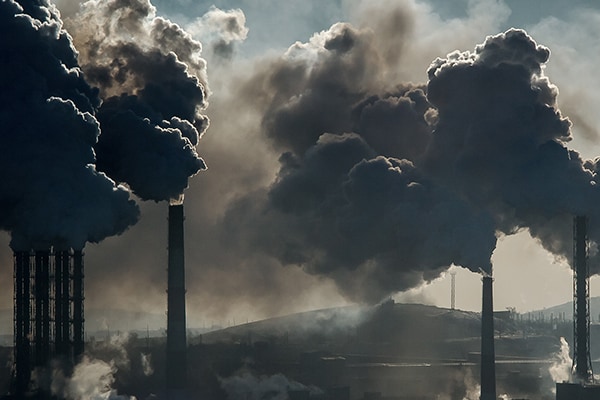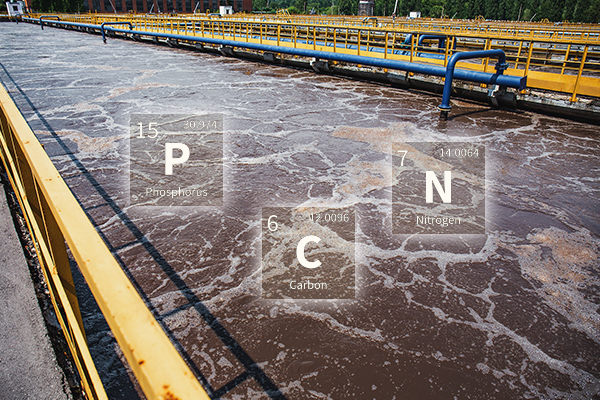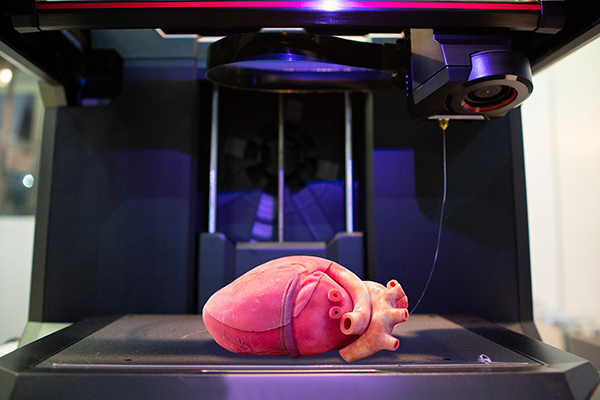How chemists interact with and ultimately use the elements on the periodic table is one of the primary sustainability challenges for the 21st century. Applications ranging from alternative energy to the synthesis of pharmaceuticals and every day products should rely on terrestrially abundant elements such as iron rather than rare ones that have a large environmental footprint associated with mining and purification.
Join Paul Chirik, Edward S. Sanford Professor at Princeton University and Editor-in-Chief of Organometallics as he explores the new chemistry enabled by catalysis with Earth abundant transition metals. Dr. Chirik and his research group strive to discover highly effective catalysts with applications in the pharmaceutical, flavor and fragrance, silicones, energy and polymer science industries and often engage with industrial collaborators. They seek to uncover the unique pathways that enable these transformations, many of which are distinct from precious metals and rely on the unique electronic structures of the first row transition metals. Register now to discover the distinct chemistry enabled by iron and cobalt catalysts and the design principles that were used in catalyst discovery. Learn about real-life applications and broad challenges that confront the field such as air-stable, easily handled precursors, functional group tolerance, ligand design and understanding reaction mechanism.
This ACS Webinar is moderated by Director of Sustainable Development, Adelina Voutchkova-Kostal of ACS and is co-produced with the ACS Office of Sustainable Development and Organometallics.
Discover more about the webinar topic including submission details for the planned joint Virtual Special Issue in Organometallics and OPR&D “Advances and Applications in Catalysis with Earth-Abundant Metals.”
What You Will Learn
- How to understand your elemental footprint and what is the importance of elemental usage in society
- What is the indefensible role of hydrocarbons in our daily lives and what are some approaches to increase the sustainability of our elemental usage and hydrocarbon future
- What are the potential frontiers in development of sustainable base-metal catalytic transformations











